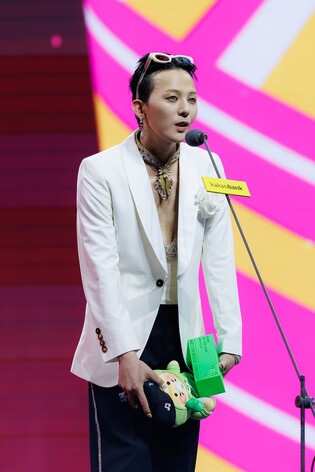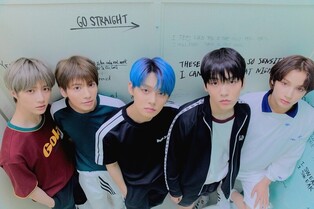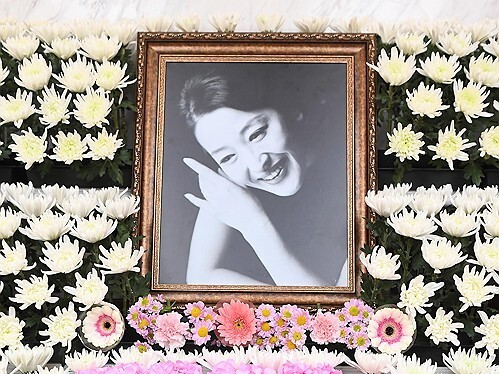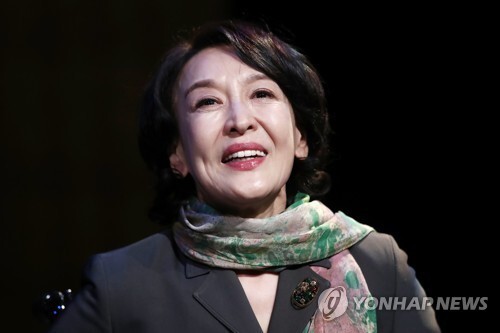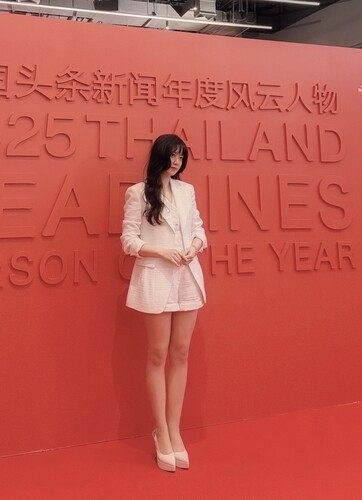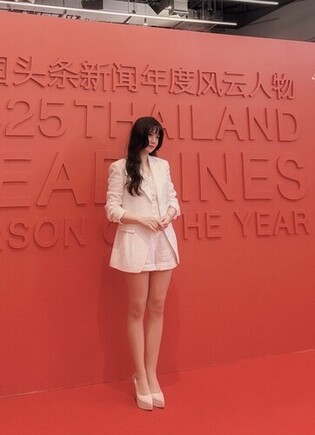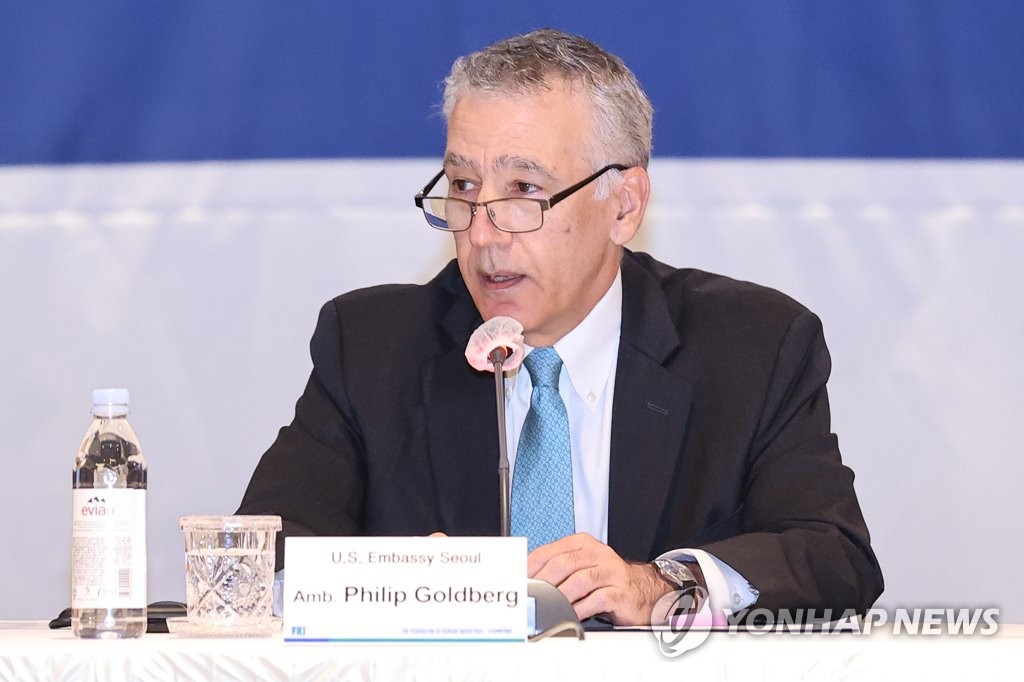 |
| ▲ U.S. Ambassador to South Korea Philip Goldberg delivers remarks during the 34th Korea-U.S. Business Council in Seoul, co-hosted by the Federation of Korean Industries and the U.S. Chamber of Commerce, on Oct. 20, 2022. (Yonhap) |
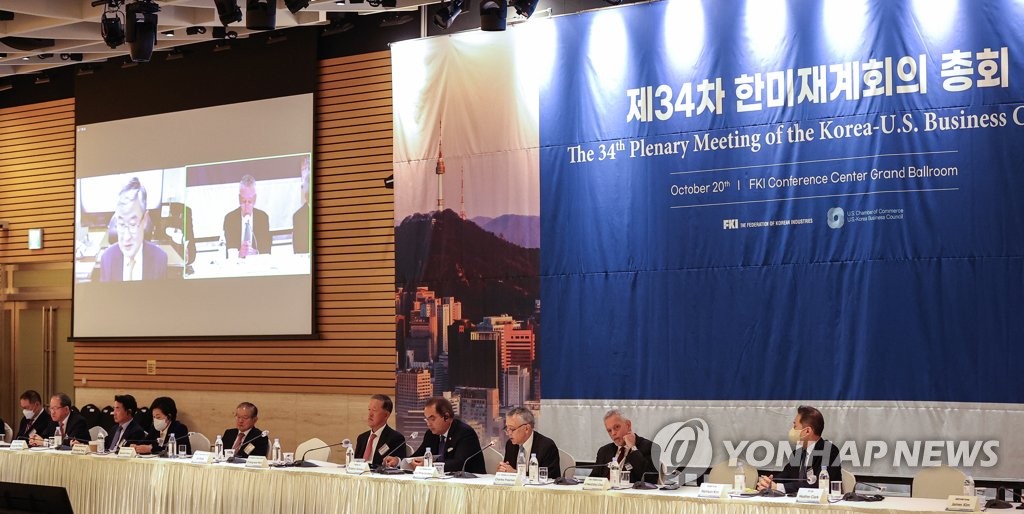 |
| ▲ Participants and guests listen to the speech being delivered online by South Korean Ambassador to the United States Cho Tae-yong, during the 34th Korea-U.S. Business Council in Seoul, co-hosted by the Federation of Korean Industries and the U.S. Chamber of Commerce, on Oct. 20, 2022. (Yonhap) |
(2nd LD) S Korea-US-biz lobbies
(2nd LD) Top U.S. envoy notes 'full commitment' to economic ties with S. Korea amid IRA concerns
(ATTN: UPDATES with details from joint statment in paras 10-13; TRIMS)
By Kim Seung-yeon
SEOUL, Oct. 20 (Yonhap) -- The United States remains "fully committed" to enhancing the economic partnership with South Korea and open to talks as close allies, the top U.S. envoy to Seoul said Thursday, amid mounting concerns over the new U.S. law on electric vehicles (EVs) that Korea has called discriminatory.
The South Korean government and industries have raised serious concerns over the U.S. Inflation Reduction Act (IRA), which calls for giving tax credits to EV buyers only if the cars were assembled in North America.
Korean businesses have voiced the need to allow exceptions for Korean automakers.
"We're very aware of concerns regarding portions of the Inflation Reduction Act, IRA," Ambassador Philip Goldberg said at the 34th Korea-U.S. Business Council, co-hosted by the Federation of Korean Industries and the U.S. Chamber of Commerce.
"While we acknowledge these concerns and are open to consultative dialogue as close allies, I want to reiterate our full commitment to our economic partnership. The U.S.-Korea business ties are strong and long standing and we want to make them even stronger."
South Korea has said the unequal provisions in the law, enacted in August, will deal a heavy blow to the Korean companies, like Hyundai Motor Co. and Kia Corp., as they make EVs at domestic plants for export to the U.S.
On Tuesday, Goldberg said in a separate forum that the allies had been discussing ways to resolve the issue, notably on how to deal with the "lag time" between Korean automakers' EV production and the completion of Hyundai's EV plant it is building in the U.S. state of Georgia. He didn't elaborate.
The IRA also affects Korean battery makers as it will require EV batteries to be made with a certain portion of minerals mined or processed in the U.S., or countries or regions that have free trade agreements (FTA) with Washington. The required portion of the components will increase over the years.
South Korea has been making all-out efforts, at both the government and business levels, to create exceptions for Korean-made EVs.
The business lobbies urged the governments of South Korea and the U.S. to seek a resolution to the IRA issue in a way that would eliminate discriminatory elements.
"We urge the governments to continue engaging on issues that could run afoul of KORUS (FTA) and the World Trade Organization Agreement, such as the electric vehicle tax credit passed into law in the Inflation Reduction Act, in search of a non-discriminatory resolution," the business lobbies said in a joint statement adopted after the meeting.
The statement called for the removal of measures that restrict trade, such the U.S. tariffs on Seoul's steel imports, known as the Section 232 rules, implemented since the Donald Trump administration.
The statement also highlighted the importance of building "resilient and trusted" supply chains in critical sectors, such as semiconductors and EV batteries, to ensure and strengthen economic and national security.
The participants in the statement proposed Korea and the U.S. sign a permanent currency swap or a measure equivalent to that, so as to enhance the stability of the Korean foreign exchange market.
Among other key participants at the meeting were Foreign Minister Park Jin, Trade Minister Ahn Duk-geun, Octavio Simoes, president and CEO of Tellurian Inc. and Charles Freeman, senior vice president for Asia at U.S. Chamber of Commerce.
This year's council meeting took place in person for the first time since 2019, following the two previous virtual sessions due to the coronavirus pandemic.
(END)
(C) Yonhap News Agency. All Rights Reserved

















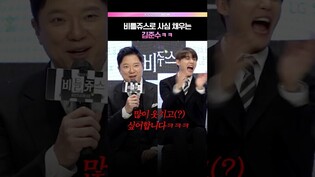
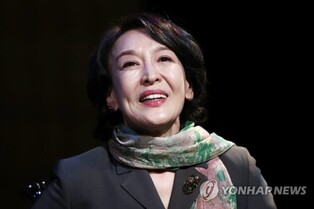
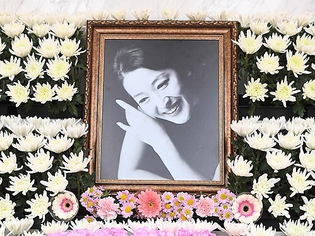
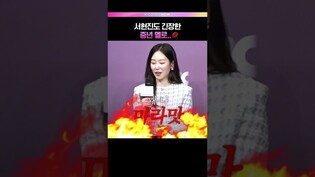
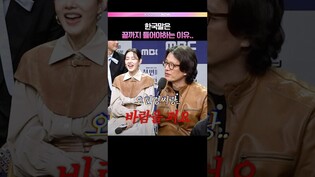
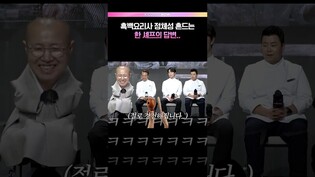
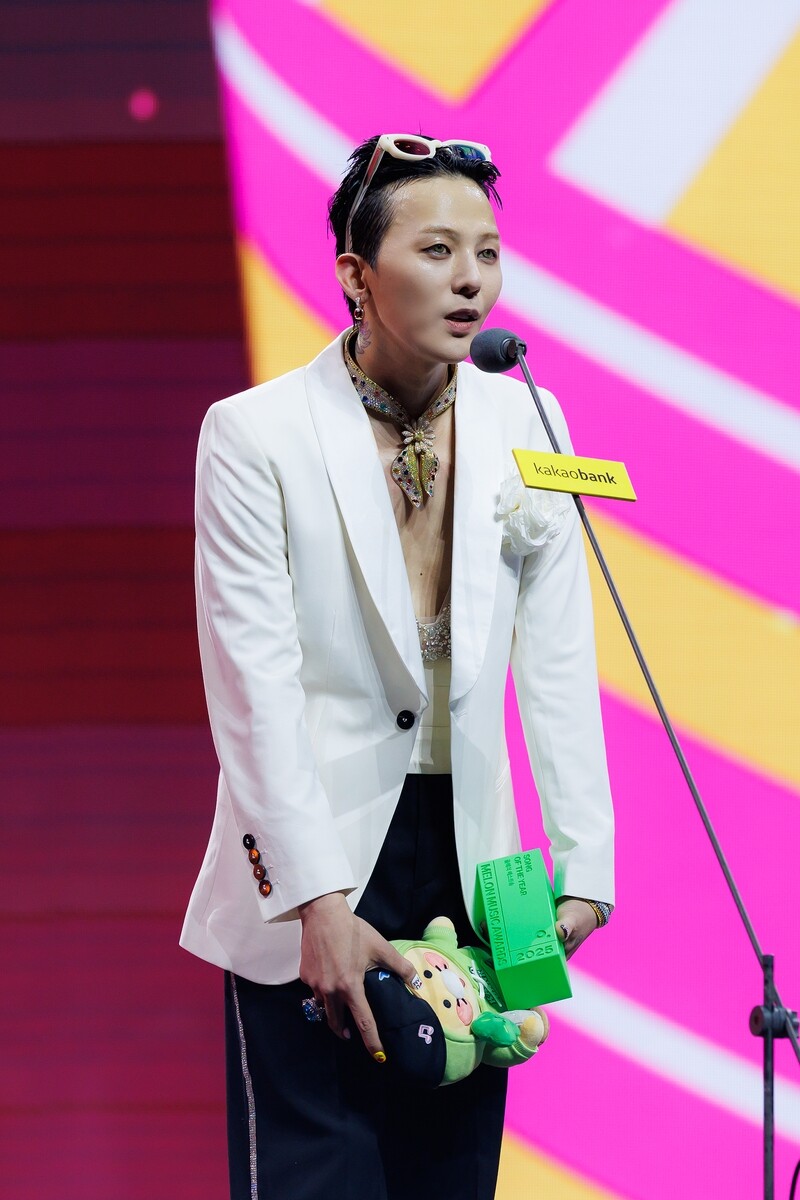

![[가요소식] TXT](/news/data/20251220/yna1065624915960696_833_h2.jpg)
